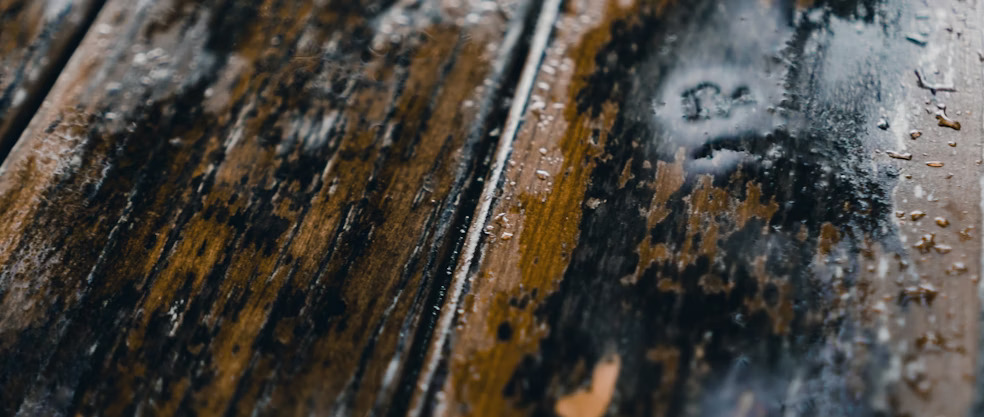Mold is a type of fungus that thrives in damp and humid environments. It can cause significant property damage and serious health issues. Recognizing the implications of mold exposure, understanding who is liable for mold, and knowing your rights regarding property damage claims are essential for homeowners and renters alike.
Who Is Liable for Mold?
Liability for mold damage typically falls on the property owner or landlord, but it can vary based on the circumstances:
- Landlord Liability: In rental properties, landlords are generally responsible for maintaining habitable living conditions. If mold results from landlord negligence, such as failing to repair a leak, they may be liable for damages.
- Homeowner Liability: Homeowners are responsible for maintaining their property. If mold develops due to homeowner neglect, such as not addressing moisture issues, the homeowner may be liable for damages.
Can You Make a Property Damage Claim for Items Destroyed by Mold?
Yes, you can file a property damage claim for items destroyed by mold, but the success of the claim depends on your insurance policy:
- Homeowners Insurance: Typically, homeowners insurance covers mold damage if it results from a covered peril, like a burst pipe. However, damage from ongoing maintenance issues is usually not covered.
- Renters Insurance: Renters insurance may cover mold damage to personal property if the mold is a result of a covered peril.
Does Your Landlord Have to Pay You for Mold?
Landlords have a legal obligation to provide habitable living conditions. If mold is present due to landlord negligence, you may be entitled to:
- Repair Costs: Payment for repairs needed to eliminate the mold.
- Replacement Costs: Compensation for damaged personal property.
- Relocation Costs: Reimbursement for temporary housing if the mold makes your home uninhabitable.
Damages You Can Claim from Mold Exposure
If mold exposure has affected your health or property, you may be able to claim various damages, including:
- Medical Expenses: Costs for treatment related to mold exposure.
- Property Damage: Costs to repair or replace damaged items.
- Relocation Expenses: Costs associated with moving to temporary housing.
- Loss of Use: Compensation for the loss of use of your property.
Illnesses and Symptoms of Mold Exposure
Mold exposure can lead to various health issues. Common symptoms to look out for include:
- Respiratory Issues: Chronic coughing, sneezing, and difficulty breathing.
- Allergic Reactions: Red, itchy eyes, skin rashes, and runny nose.
- Asthma Flare-ups: Increased frequency and severity of asthma attacks.
- Other Symptoms: Headaches, fatigue, and sinus congestion.
Science and Background Necessary to Evaluate a Mold Claim
Mold growth typically occurs in areas with excessive moisture. Common sources include:
- Leaking Roofs: Water intrusion from damaged roofing.
- Plumbing Issues: Burst pipes or persistent leaks.
- Poor Ventilation: High humidity levels in poorly ventilated spaces like bathrooms and kitchens.
What to Do When You First Experience Symptoms of Mold Exposure
- Identify the Source: Locate and address the source of moisture.
- Seek Medical Attention: Consult a healthcare provider for a proper diagnosis and treatment.
- Document Everything: Take photos of mold growth and keep records of any medical visits and repairs.
Compensation for Moving or Relocating Due to Mold
If you need to relocate due to mold, you may be entitled to compensation for:
- Temporary Housing: Costs for staying in a hotel or rental property.
- Moving Expenses: Costs for moving your belongings.
- Loss of Use: Compensation for not being able to use your property.
Useful Public Health Resources
For more information on mold and its impacts, consult these authoritative sources:
- Centers for Disease Control and Prevention (CDC) – Mold
- Environmental Protection Agency (EPA) – Mold
- National Institute for Occupational Safety and Health (NIOSH) – Mold
- World Health Organization (WHO) – Mold
Conclusion
Mold can cause significant health and property damage. Understanding who is liable, knowing your rights for property damage claims, and recognizing symptoms of mold exposure are crucial steps in protecting your health and property. If you suspect mold in your home, take immediate action to mitigate the damage and seek professional help if needed. For more detailed information, consult the linked public health websites and consider contacting a top-rated mold attorney in Los Angeles for expert legal advice.




